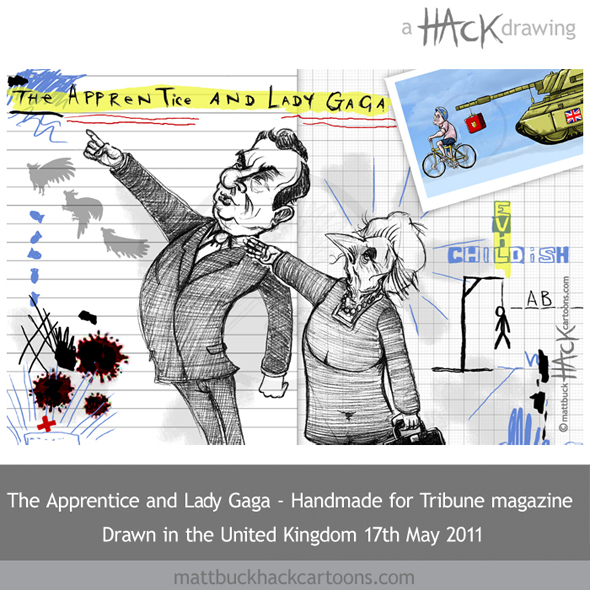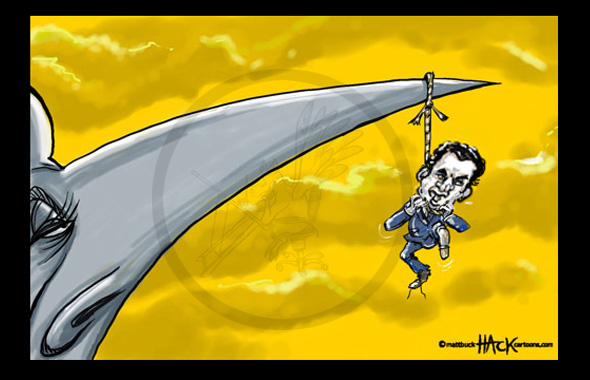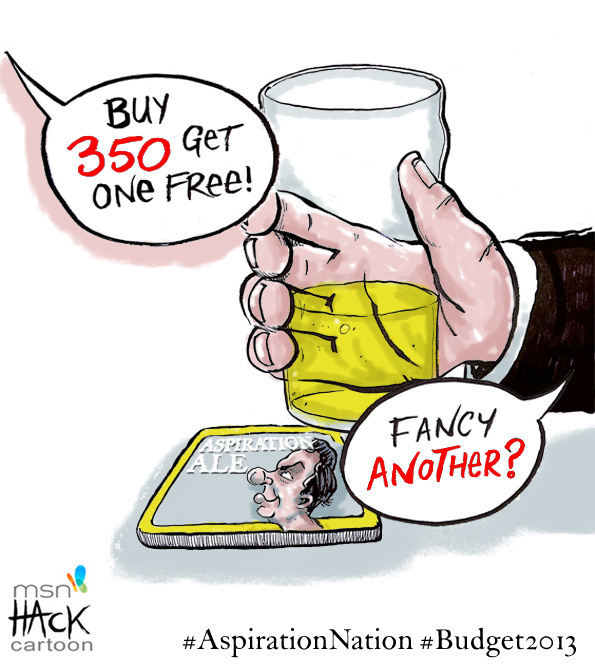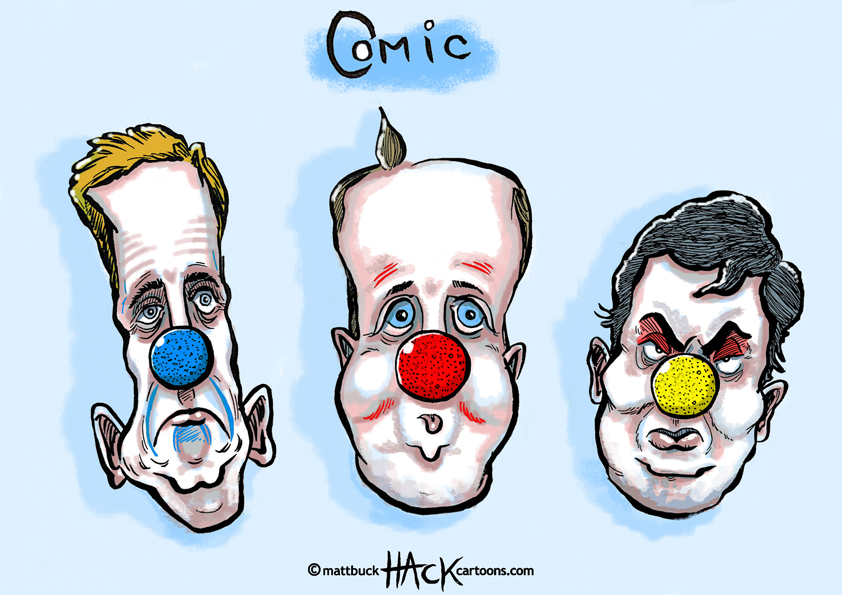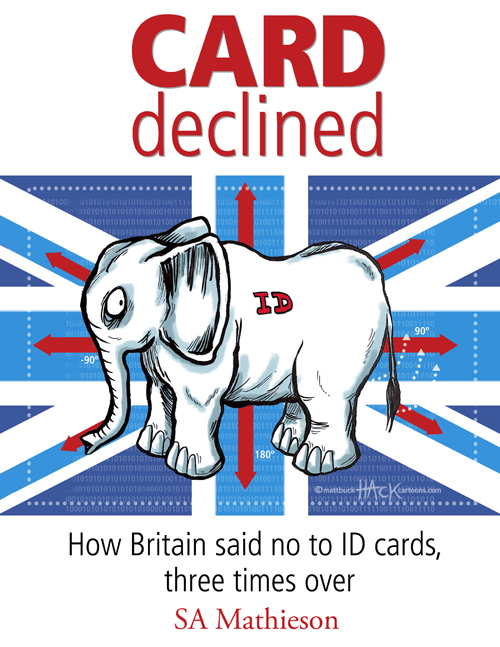Learning on the job is tough as another junior is discovering in the drawing above.
Mrs Margaret Hilda Thatcher, former prime Minister of the United Kingdom, has died. In the new cliche, she was a divisive figure but, her memory will be alive for a while yet.
Parliament has passed a Royal Charter which provides a form of statute (or statutory underpinning) for the regulation of publication in the UK. This changes the relationship between politicians and the business of publication that has been in place since 1695. The draft of the charter, which you can get here as a pdf, is not clear about how it will regulate digital publication and this non-national distribution network is to be regulated within our national jurisdiction.
The long-running inquiry was commissioned in haste as the Prime Minister sought to remove questions about his former director of communications from the immediate political agenda. Those questions had arisen from the phone hacking saga focused on the News International media business.
The remit of the inquiry was vast and inevitably proved a complex area on which to report. In time, it reflected a ‘traditional’ role of print journalism as a social mirror and so the sessions took in witnesses from the law, politics, show business, crime and struggled with important ideas such as free speech within a time of social, communication and economic change.
I commend this lecture by George Brock, head of journalism at City University and formerly of The Times if you are interested in how Lord Justice Leveson found a way through the experience and got us all to this point.
While I was listening to Brock’s lecture, I found I particularly enjoyed his characterisation of Brian Leveson as a moving target and so made the sketch Who could blame Brian Leveson for playing one?
A trip to the BLUSTER FURNACE to see an innovation of the economie (sic).
The cover of Card declined by Steven Mathieson which charts the history of government attempts to introduce identity cards into the UK since world war two.
